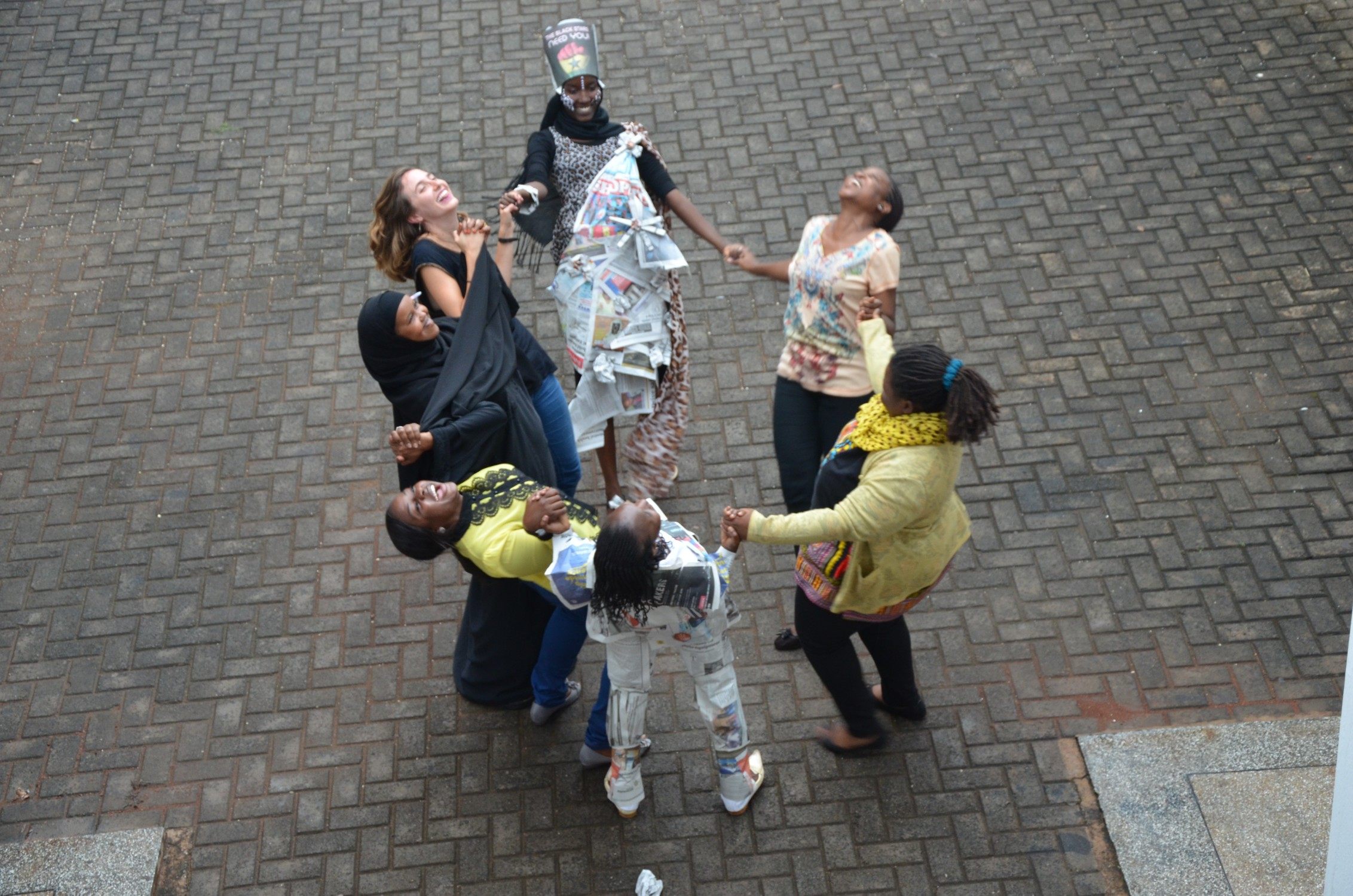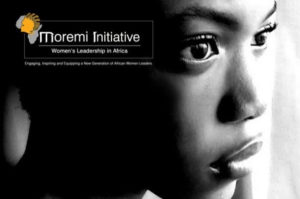International Human Rights Day has come again, an opportunity to solemnly reflect on portions of the Universal Declaration of Human Rights as well as highlight a few of this year’s human rights concerns. Please join @moremiafrica on Twitter as we share the entire declaration in sections throughout the day.
Let us be reminded that each human being is born with dignity and equality. This dignity is inherent and can never be taken away. All human beings are born with sound mind and must be treated with respect. Yet around the world, individuals living with disabilities are being abused and disrespected. Those born with albinism, a phenotypic variation that has never warranted the stigma placed on it, fear for their lives in several countries where incorrect beliefs and cultural misconceptions have made them a target. Those born with sexual orientations that vary from strictly heterosexual suffer unduly every day in a world where no single country can say that all its members embrace them. Nevertheless, these and all of us were born with dignity and retain that dignity. Those who disregard this dignity are criminals under international law. Those who disregard the equality of human beings, consciously or otherwise, are criminals under international law.
Let us also be reminded that each human being has a right to freedom of thought, expression, choice, religion (or lack thereof) and creed. This year, a Sudanese mother was almost put to death because it was thought that she had converted from a religion that was never hers except by blood—which does not transmit beliefs. As has been the case for the past several years, numerous Somali journalists were jailed for speaking out against their government—one even for calling for justice after a case of sexual assault. Ethiopia, too, has performed poorly in terms of allowing its reporters their right to expression. Six members of the “Zone 9 bloggers”, along with three other journalists, were arrested in April and have been charged with terrorism. Reyot Alemu, another Ethiopian columnist, is serving a five-year sentence for the same charge, which has become a blanket term for journalism unapproved by the government. Eskinder Nega, another blogger, has been jailed seven times for alleged terrorism. Finally, let us not forget the innocent Aljazeera journalists who languish in an Egyptian prison as we speak, without a proper trial or sentence.
Let us be reminded that no human being is to be subjected to inhumane treatment, degradation, or torture. The United States, which regards itself as one of the freest and safest countries in the world, continues to hold prisoners in a facility long deemed inhumane. Pressure to close this facility has been largely ignored, as have the hunger strikes of inmates. Though a few inmates have recently been released, the alarming conditions in the facility remain unchecked. And as recently as a few days ago, a report was released confirming that torture was employed illegally by the same country’s main intelligence organization.
In many African countries in particular, the imbalance between the often diametrical rights to life and choice continue to pose a health hazard. We challenge all Africans to work toward bringing this issue to light. Women are dying due to complications arising from unsafe clandestine abortions, because abortion continues to be illegal in many nations. Even safe abortions, however, may be forced—by poverty, lack of contraception, and/or lack of sexual and reproductive rights. Against this backdrop, as continues to be debated throughout the world, the right to life may in fact supersede the right to choose in some or all of these cases. We may be losing future leaders through a process that no one has been able to prove is criminal or otherwise. Citizens of African countries, let us respectfully raise this question and determine together what the course of action should be when termination of pregnancy is desired by any party. Let us lead the world in this matter, in which no country has truly taken a unified stance.
As MILEAD sisters, our hearts continue to break over the unconfirmed but real suffering of our girls from Chibok, whose whereabouts allegedly remain unknown. Our girls have been missing for months, and for many of us, a day does not go by when we do not think of them. The world failed to rescue them in the immediate aftermath of their kidnapping, and now the world is silent. What can we do? Our leaders refuse to hear us. Every day, we remember the pain that this inaction is undoubtedly causing. The ongoing tragedy is a blight on our collective conscience.
Yet, as we blame those who neglected to take counter-action, let us not forget the original offender in this case. An extremist religious and militant group forcibly removed these girls from school, claiming that it was the will of God. These men, known as Boko Haram, have acted almost with impunity over the past several years, terrorizing Nigerians and other nationals. They have insisted that western thought, whatever that may be, is forbidden, but these ideologies only mask the cruelty and iniquity that fuel this group. No other reason exists for the suffering they have inflicted. We call on Nigerian leaders and allies to stop this evil at once.
Let us remember all of these as we work to advance the recognition of discarded human rights in our world ; on this International day of Human Rights and beyond. We are one and, united, we may build a better world.
Until next year,
Human Rights Team
MILEAD Fellows
Moremi Initiative for Women’s Leadership in Africa



